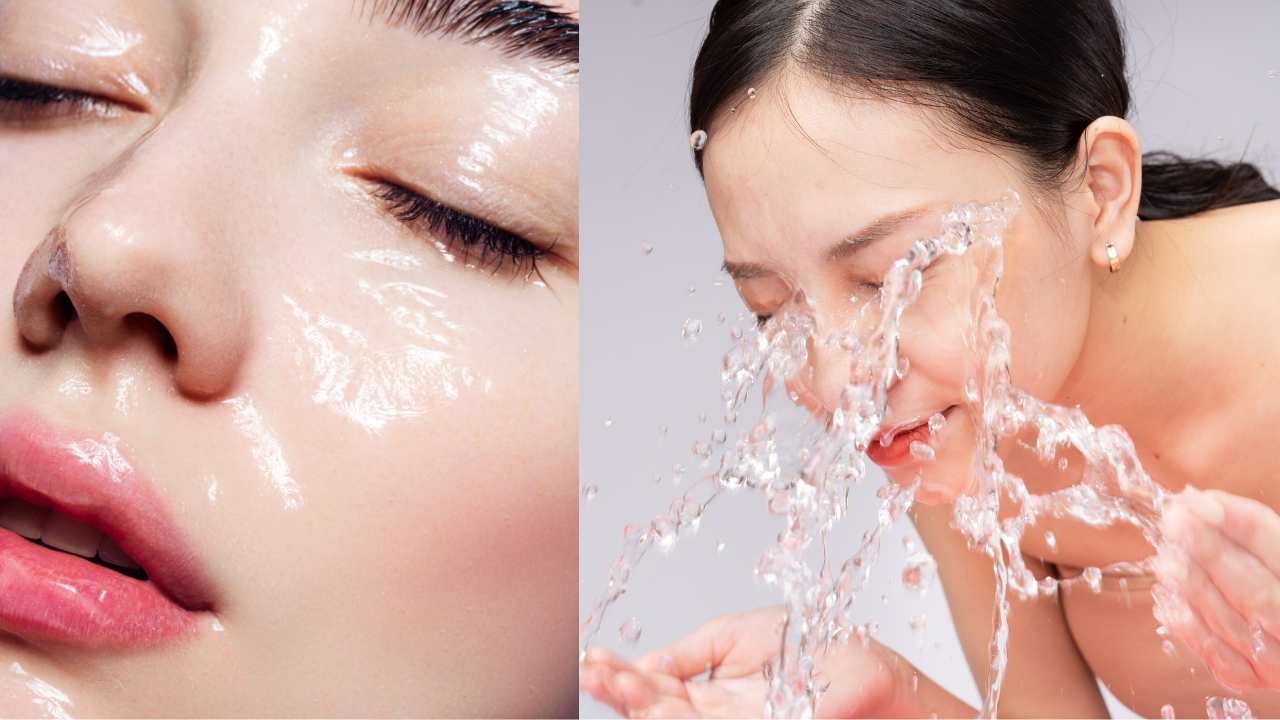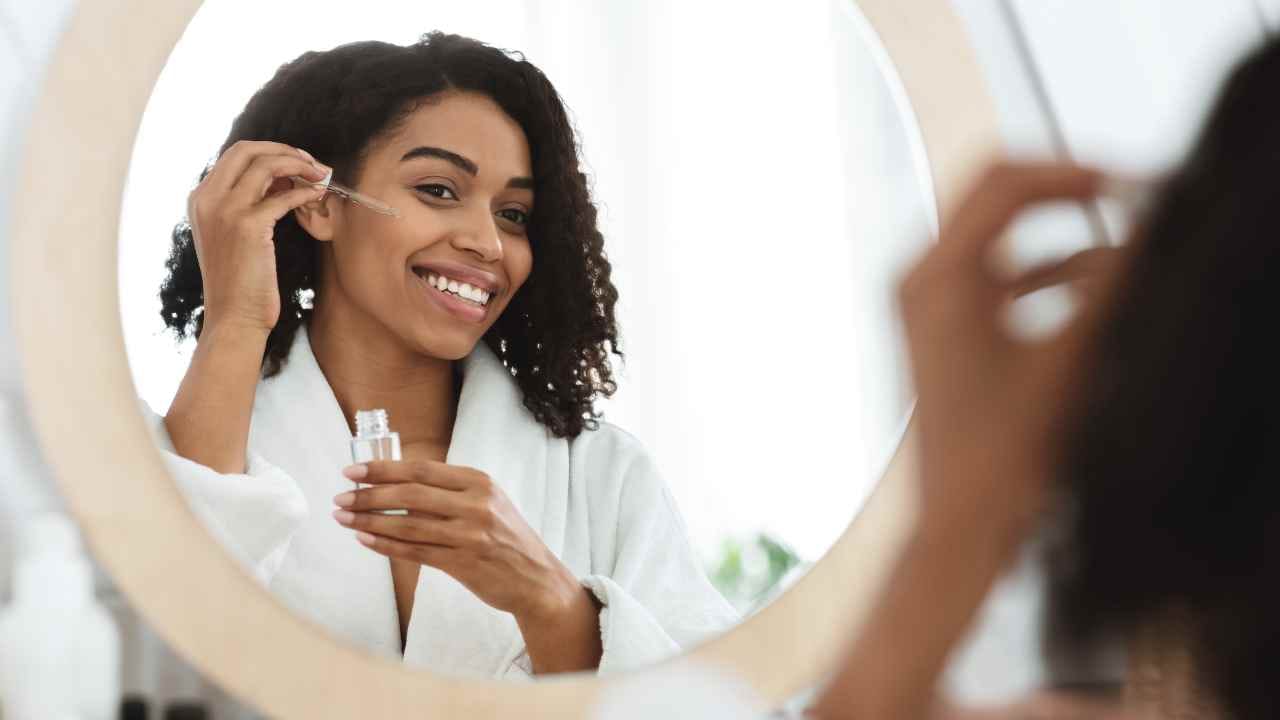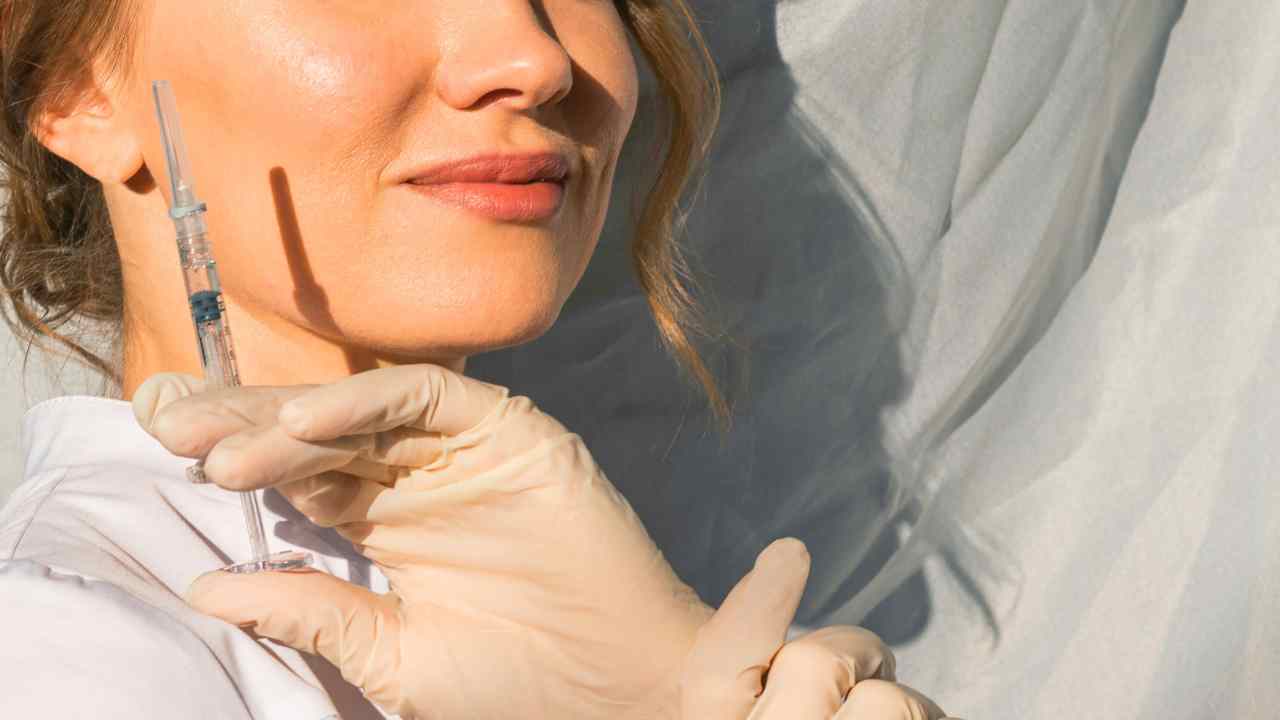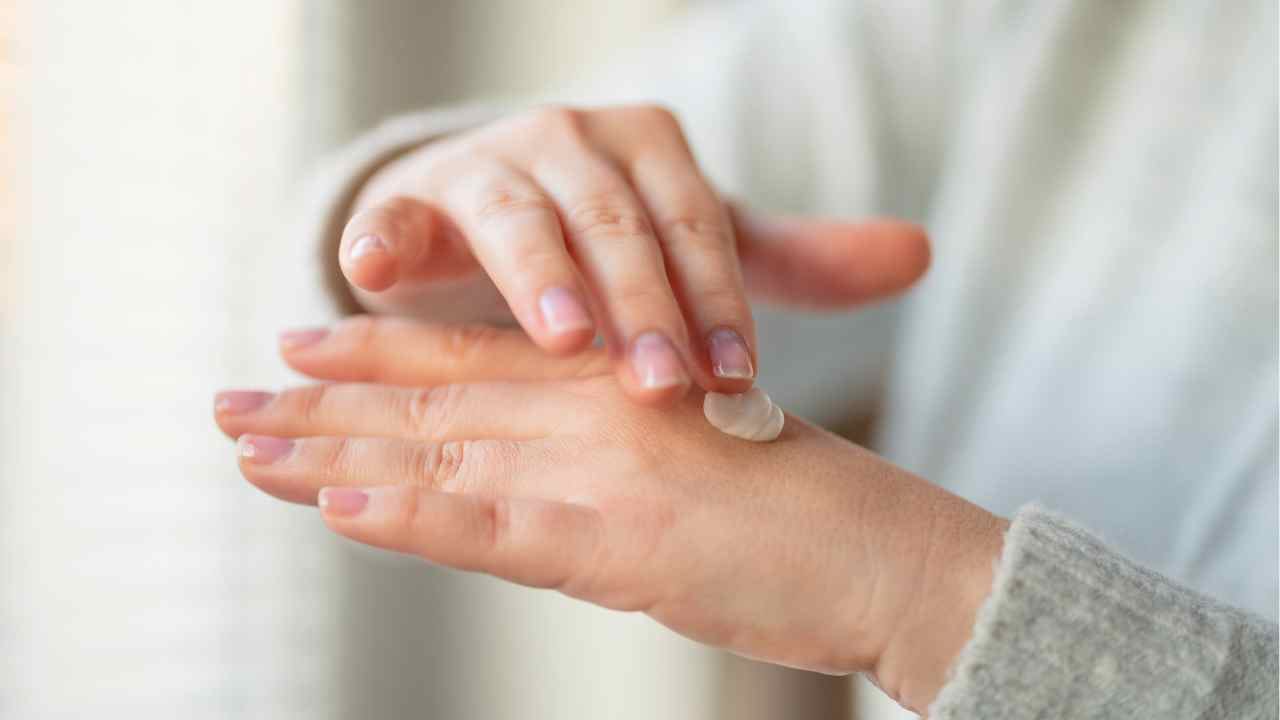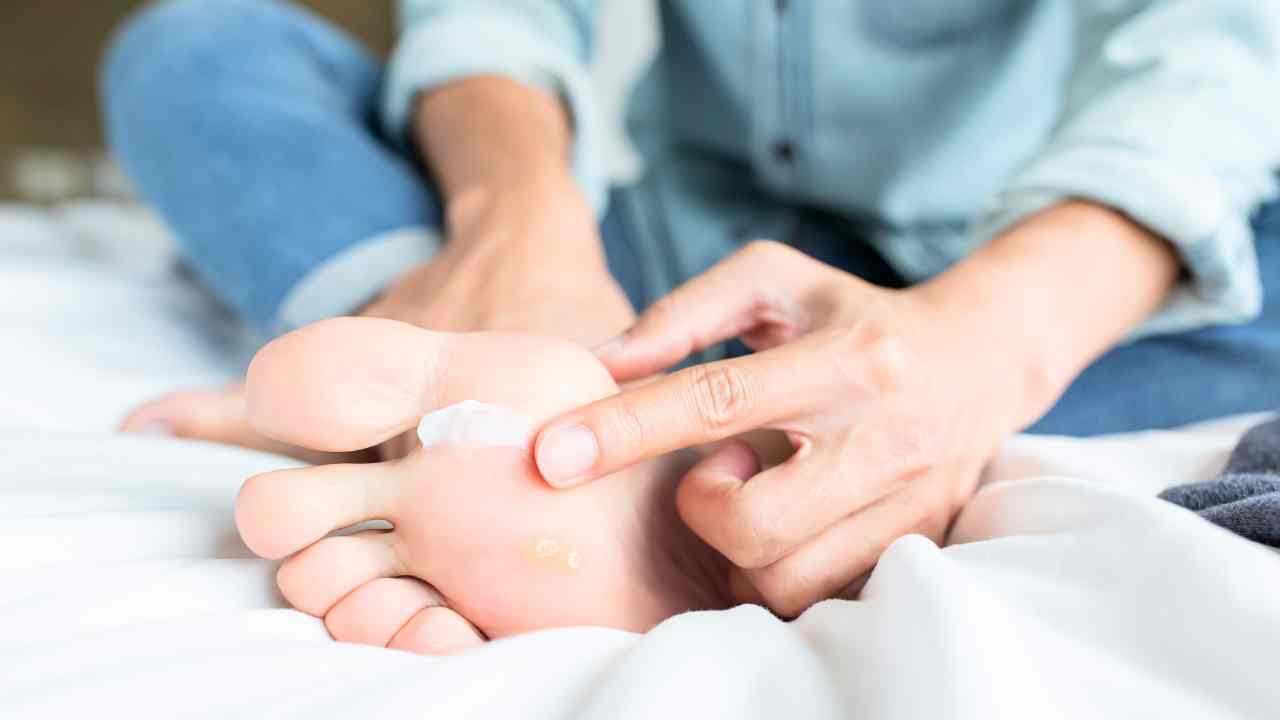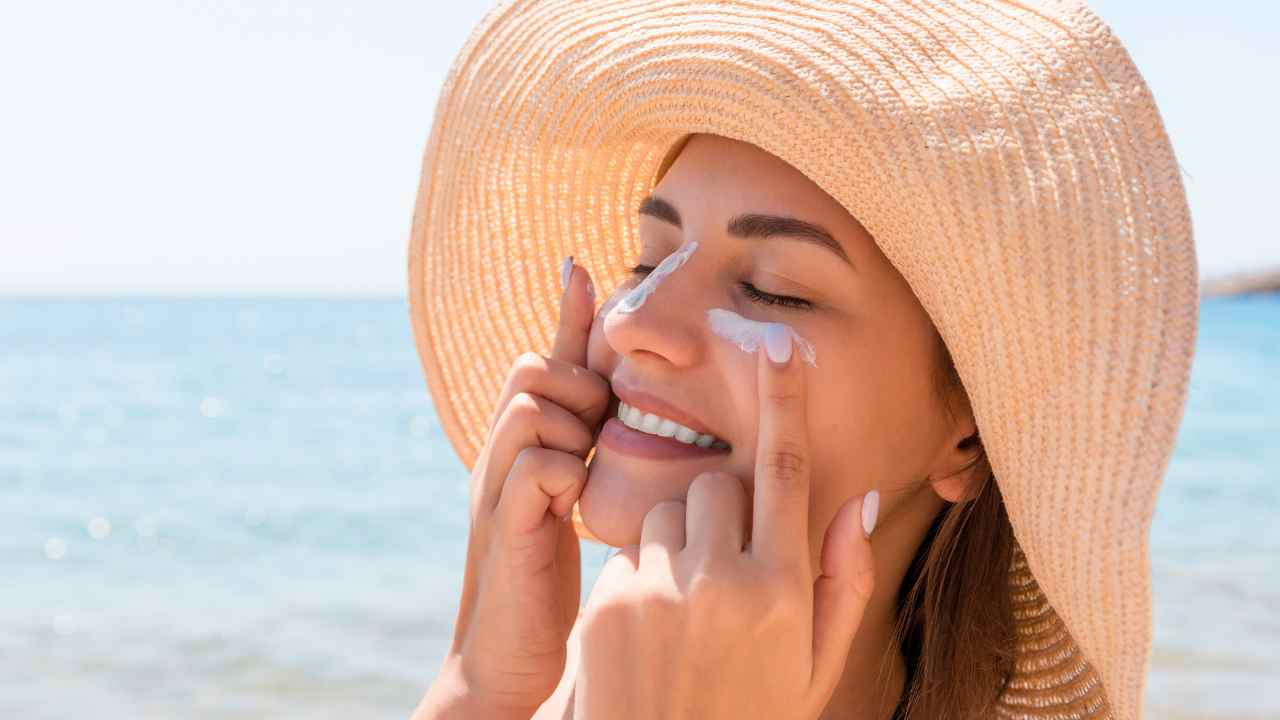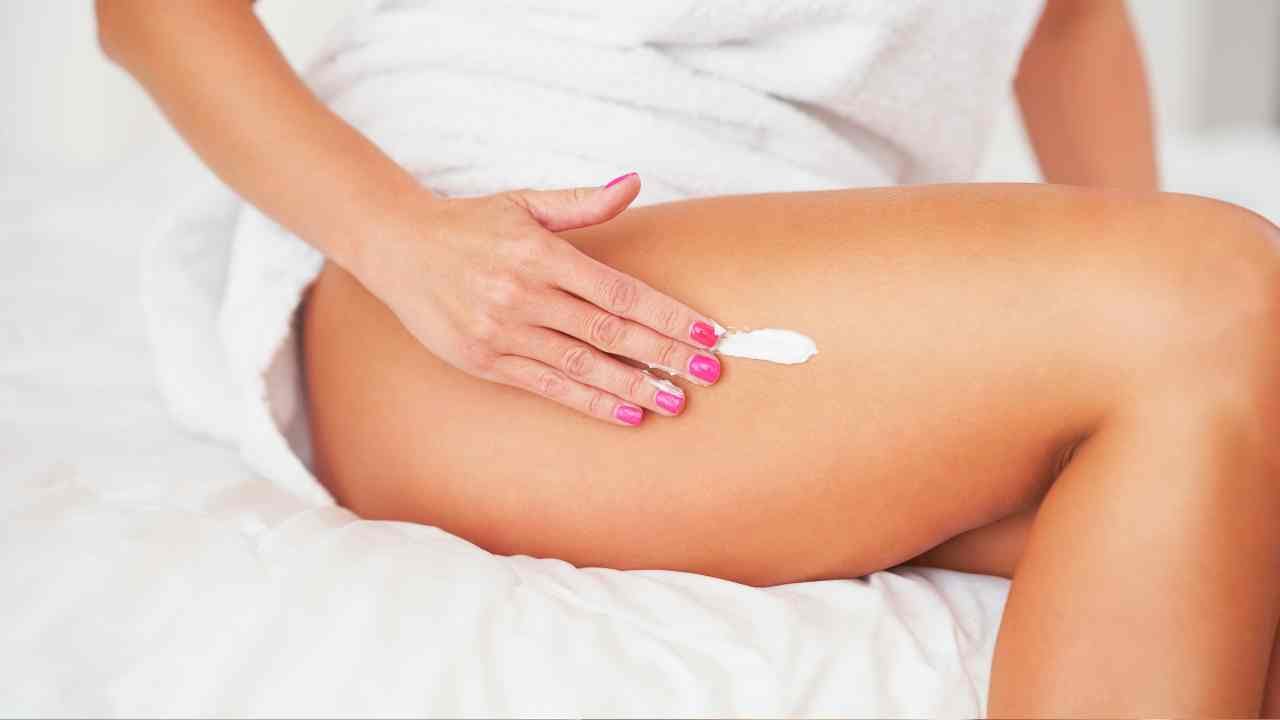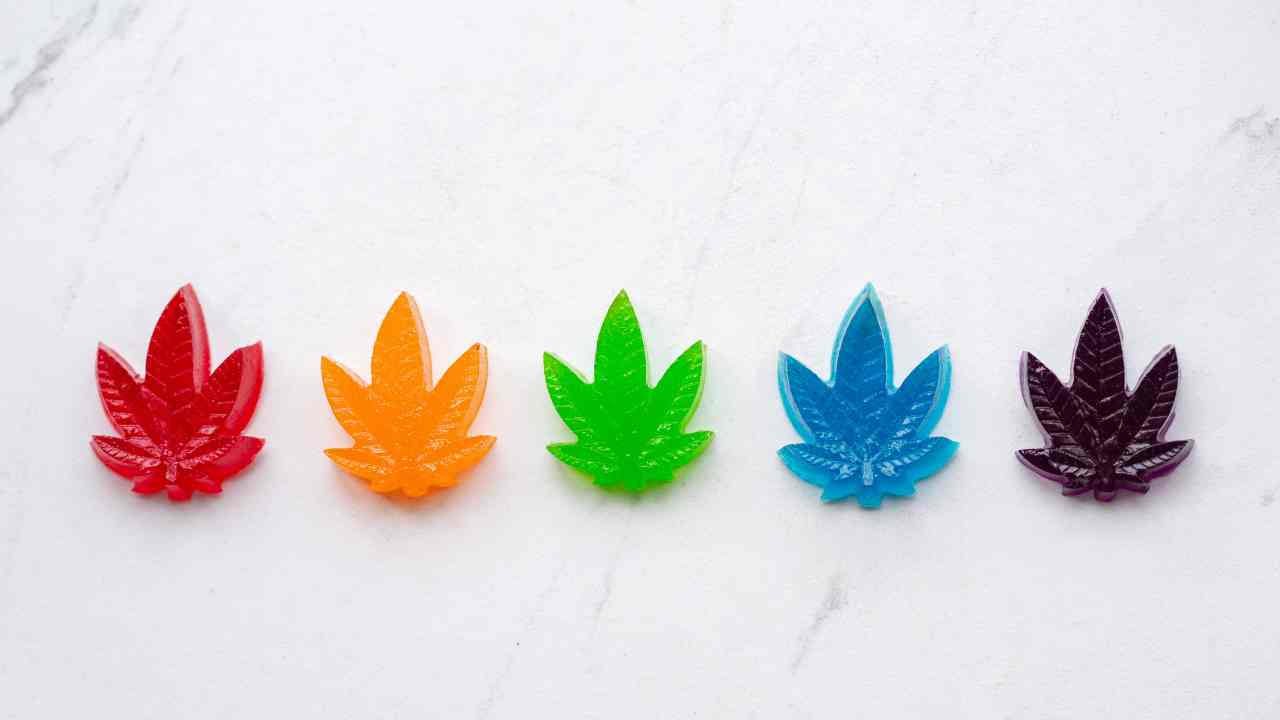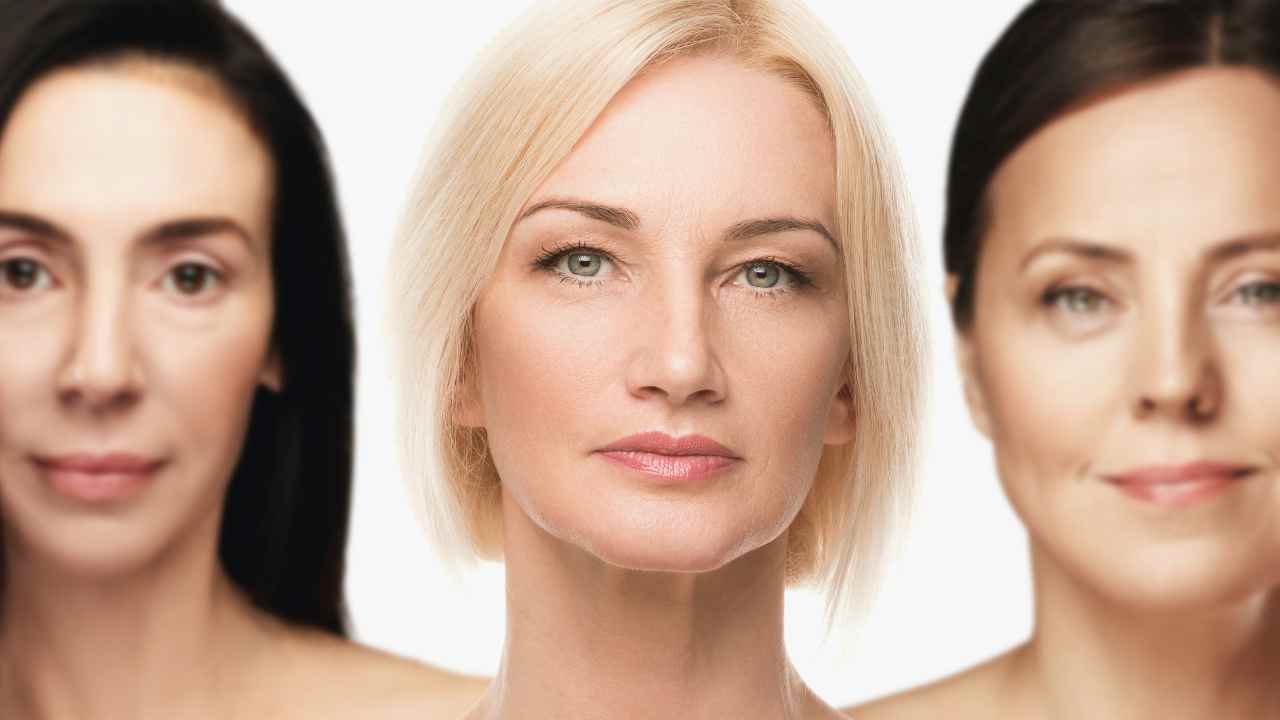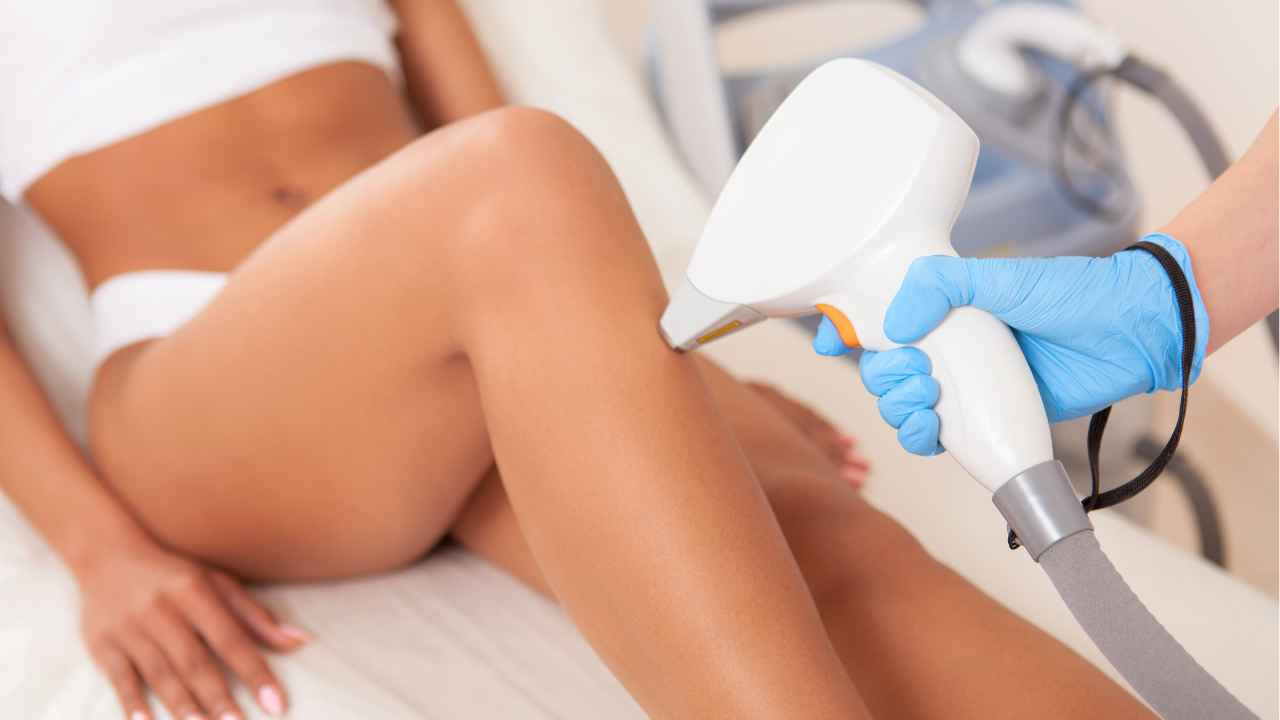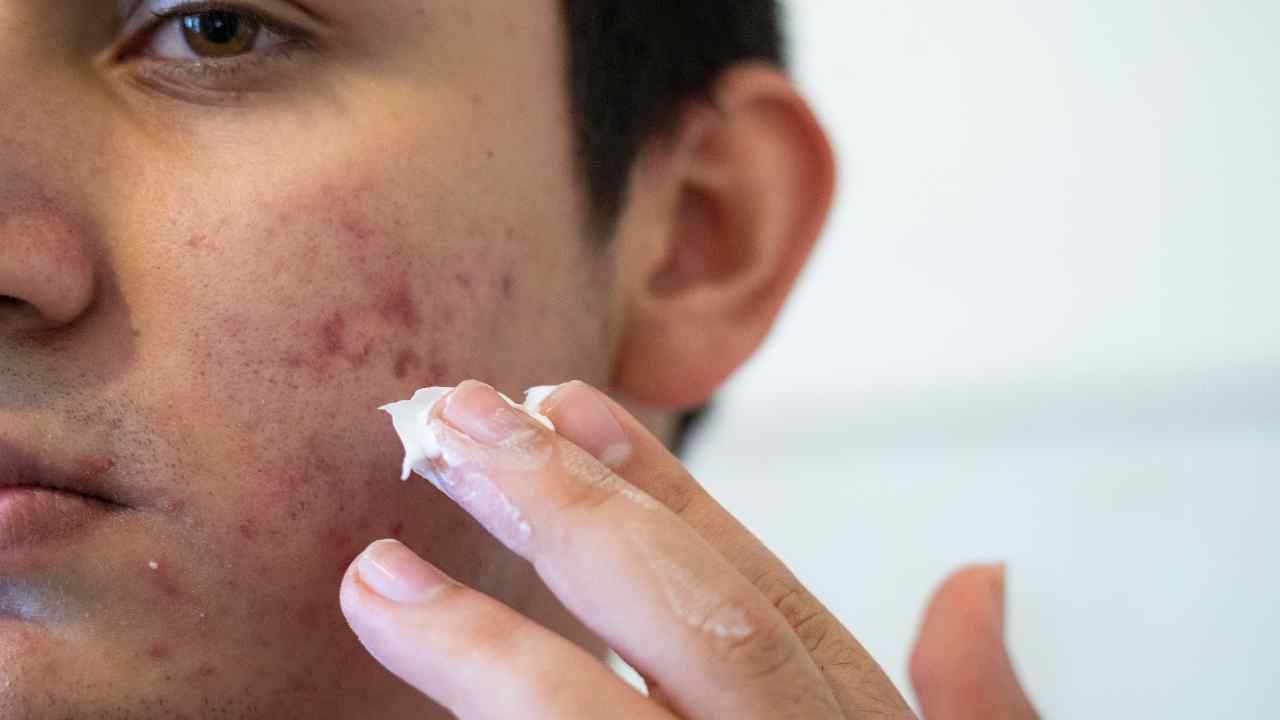
Here's Why Sulfur Acne Treatments are Trending on TikTok
Are you on TikTok yet? If so, you must have seen the trend of people posting about their amazing results using sulfur acne treatments.
From glowing skin to breakout-free complexions, there are countless people spreading the gospel of this underrated ingredient and its incredible complexion-clearing potential.
And here at FabHandbook, we couldn't be more excited to dive into all things sulfur in skincare. So grab a cup of coffee (or tea) and get ready to learn why sulfur has become one skincare trend that's here to stay.
What is Acne & Who Gets it?
Acne, otherwise known as "the bane of high schoolers everywhere," is an inflammatory skin condition that occurs when your hair follicles become blocked with oil and dead skin cells.
It's most common during puberty. And according to the American Academy of Dermatology, it affects 40-50 million people in the United States alone!
Acne can affect anyone, regardless of age or gender; however, it's most prevalent in teenagers due to the surge in hormones associated with puberty. Hormonal changes mean more sebum production—and when combined with dirt and bacteria on our skin’s surface—it can lead to blockages and inflammation.
Other factors like stress, diet, skincare products (including cosmetics!), family history, and even environmental conditions can also trigger acne flare-ups. It's important to note that scrubbing your face too vigorously or picking at pimples won't make them go away—it'll only make it worse!
No matter who you are or what kind of lifestyle you live, almost everyone experiences acne at some point or another throughout their life. And sometimes even the best won't clear things up. Now, sulphur has entered the chat.
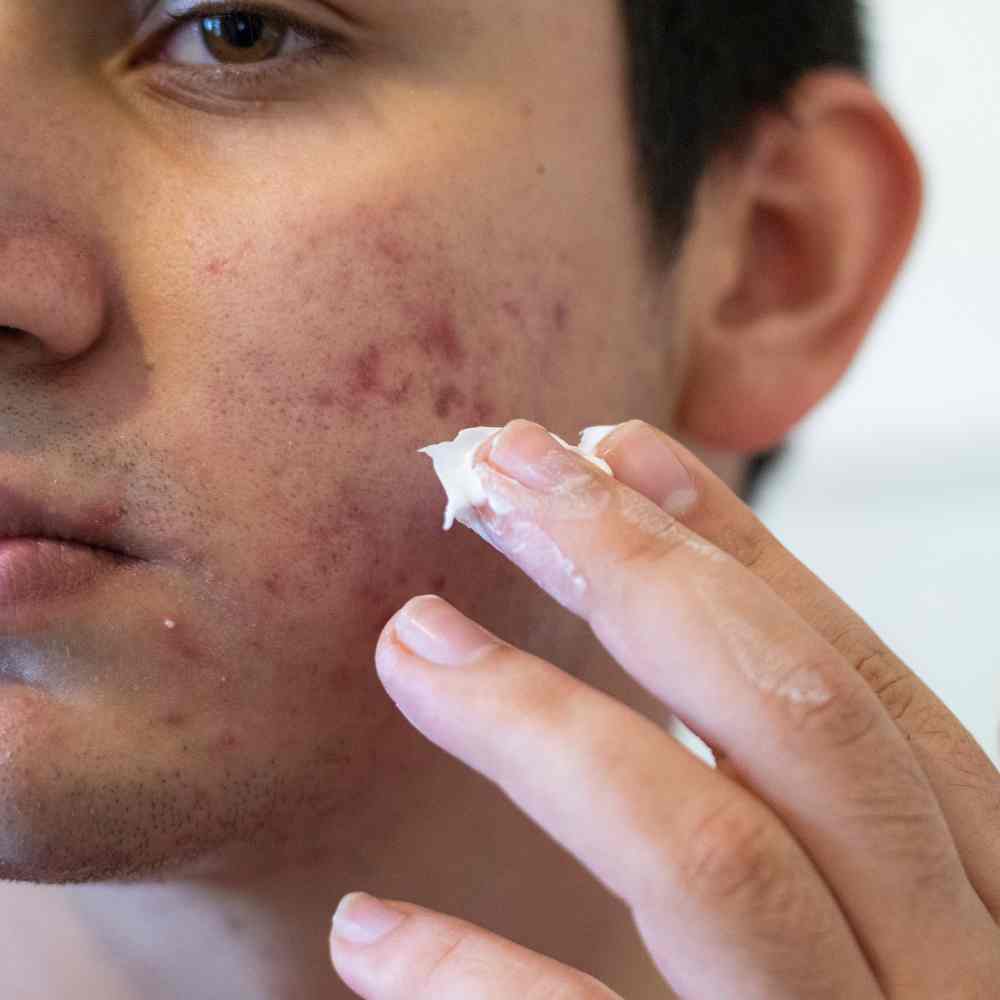
The Power of Sulfur
Sulfur, a naturally occurring mineral, has been used for centuries in traditional medicine for its healing properties. When it comes to acne, sulfur's effectiveness can be attributed to several key factors:
1. Antimicrobial Properties
Sulfur exhibits potent antimicrobial activity against the bacteria responsible for acne breakouts, specifically propionibacterium acnes. By inhibiting the growth of these bacteria, sulfur helps reduce inflammation and prevent the formation of new acne lesions.
2. Anti-inflammatory Effects
Inflammation plays a significant role in acne development. Sulfur possesses anti-inflammatory properties, helping to soothe redness, swelling, and discomfort associated with acne breakouts. By reducing inflammation, sulfur can aid in the healing process and promote clearer skin.
3. Exfoliation & Dead Skin Cell Removal
Sulfur possesses mild keratolytic properties, meaning it can help break down and remove dead skin cells from the surface of the skin. By promoting gentle exfoliation, sulfur aids in unclogging pores and preventing the formation of comedones (blackheads and whiteheads).
Different Forms of Sulfur Acne Treatments
Sulfur can be found in various formulations designed for acne treatment. Here are some common types of sulfur acne treatments available:
1. Sulfur Face Masks
Sulfur-infused face masks provide an intensive treatment that allows sulfur to penetrate the skin deeply. These masks often contain additional ingredients such as clays, botanical extracts, or salicylic acid to enhance the overall effectiveness in purifying the skin and reducing excess oil.
Dr. Dray, a board certified dermatologist, explains the pros and cons of a sulfur mask for acne:
@drdrayzday De La Cruz Acne Treatment mask with 10% sulfur. Helpful for acne & rosacea. #sulfurmask #acnetreatment #dermatologist #drdrayzday
♬ original sound - Dr Dray
2. Sulfur Spot Treatments
Spot treatments are designed to target specific acne lesions or areas of concern. Sulfur spot treatments typically come in the form of creams, gels, or drying lotions. They are applied directly onto individual pimples or blemishes to reduce inflammation and promote faster healing.
Shereen Eidriss, a board certified dermatologist, recommends using 10% sulfer as a spot treatment. Just apply it to your face for 10 minutes and wash it off. You'll be over the smell by then anyway.
@shereeneidriss #stitch with @Ellie Nicole Sulfur Acne Treatment for Oily skin, Rosacea and Juicy Pimples #sulfur #sulfursoap #acne #acnetreatment #rosacea #skincaretips #acneproneskin #oilyskin #shereeneidriss #sulfuricacid @pillowtalkderm
♬ original sound - ShereeneIdriss
3. Sulfur Cleansers
Sulfur-based soaps and cleansers are formulated to be used as part of a daily skincare routine. These cleansers contain sulfur in lower concentrations and are gentle enough for regular use. They help cleanse the skin, control oil production, and address mild acne symptoms.
Trying Sulfur Acne Treatments for the First Time
To maximize the benefits of sulfur acne treatments and achieve clearer skin, consider the following tips:
1. Do a Patch Test
Before incorporating any new skincare product into your routine, it's essential to perform a patch test. Apply a small amount of the sulfur product to a discreet area of your skin, such as the inner arm, and observe for any adverse reactions or sensitivity.
2. Start with Low Concentrations
If you're new to sulfur acne treatments, start with products containing lower concentrations of sulfur. This allows your skin to gradually adjust and minimize the risk of irritation or dryness. As your skin acclimates, you can gradually increase the sulfur concentration if necessary.
3. Follow Product Instructions
Always follow the instructions provided with the specific sulfur product you're using. Each product may have different recommended application methods, frequency, and contact times. Adhering to these instructions ensures optimal results and minimizes the risk of adverse effects.
4. Moisturize & Protect
Sulfur treatments can potentially cause dryness or irritation, especially if used excessively or on sensitive skin. To counteract these effects, follow up with a gentle, non-comedogenic moisturizer to keep your skin hydrated.
Additionally, protect your skin from harmful UV rays by applying a broad-spectrum sunscreen during the day.
5. Patience and Consistency
Acne treatments, including sulfur-based products, require time to deliver noticeable results. Be patient and consistent in your skincare routine, using the sulfur treatment as directed. Results may vary depending on the severity of your acne and individual skin characteristics.
6. Avoid Overuse
While sulfur can be highly effective for acne, it is important to avoid overuse or excessive application. Using sulfur treatments more frequently or in higher concentrations than recommended can lead to dryness, redness, or potential skin irritation. Stick to the recommended usage guidelines to ensure safe and effective treatment.
The Ingredient You Didn't Know You Needed
All in all, sulfur-based acne treatments may offer an effective and natural way to achieve clearer, healthier skin.
With its antimicrobial, anti-inflammatory, and exfoliating properties, sulfur can help reduce breakouts and improve the appearance of your skin. If you're considering giving sulfur a try, be sure to consult with a dermatologist to determine the best course of action for your specific needs.
Additionally, following product instructions carefully and being consistent with treatment are key to getting the most out of any acne treatment regimen. Who knows - your pores might just thank you!
So go on now – give it a try! Let's get that face glowing and those breakouts banished!



